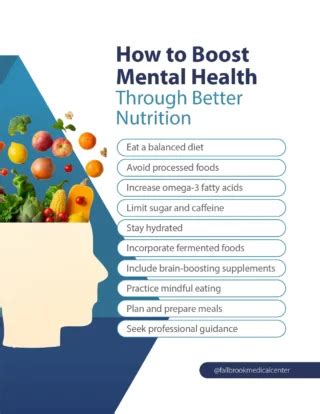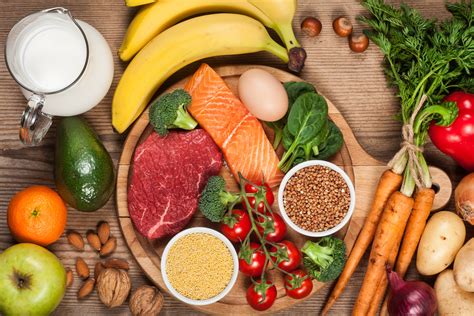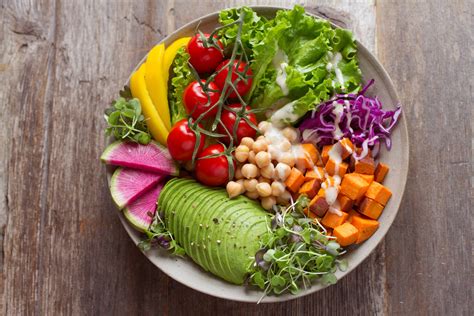Optimal nutrition for sustained energy & peak mental focus?

Fueling Your Brain and Body for Peak Performance
In our fast-paced world, the demands on our cognitive function and physical energy are higher than ever. Many seek quick fixes, but the most sustainable and effective path to sustained energy and peak mental focus lies in optimal nutrition. It’s not just about avoiding bad foods; it’s about strategically fueling your body with what it needs to thrive.
The Foundation: Balanced Macronutrients
Macronutrients—carbohydrates, proteins, and fats—are the building blocks of our diet and play distinct roles in energy and focus.
- Complex Carbohydrates: These are your brain’s preferred fuel source. Unlike simple sugars that lead to energy spikes and crashes, complex carbs (like whole grains, oats, and sweet potatoes) provide a steady release of glucose, ensuring consistent energy for cognitive tasks.
- Lean Proteins: Essential for building and repairing tissues, proteins also provide amino acids that are precursors to neurotransmitters like dopamine and serotonin, crucial for mood, focus, and motivation. Think lean meats, fish, eggs, legumes, and tofu.
- Healthy Fats: Far from being the enemy, healthy fats are vital for brain health. Omega-3 fatty acids, found in fatty fish (salmon, mackerel), flaxseeds, and walnuts, are integral components of brain cell membranes and are critical for cognitive function, memory, and reducing inflammation.

Micronutrients: The Unsung Heroes
While macronutrients provide bulk energy, micronutrients—vitamins and minerals—act as critical cofactors in countless biochemical reactions, many of which are vital for energy production and brain function.
- B Vitamins: These are essential for converting food into energy and for neurotransmitter synthesis. Deficiencies can lead to fatigue and impaired cognitive performance. Good sources include whole grains, leafy greens, and lean proteins.
- Magnesium: Involved in over 300 enzymatic reactions, magnesium is crucial for energy production, nerve function, and sleep. Spinach, almonds, and avocados are excellent sources.
- Iron: Key for oxygen transport to the brain and muscles. Iron deficiency can cause fatigue and poor concentration. Red meat, lentils, and fortified cereals are good options.
- Antioxidants: Vitamins C, E, and various phytonutrients protect brain cells from oxidative stress, which can impair cognitive function over time. Berries, dark leafy greens, and colorful vegetables are packed with antioxidants.

Hydration: More Than Just Thirst Quenching
Often overlooked, proper hydration is fundamental for both physical energy and mental clarity. Even mild dehydration can lead to fatigue, headaches, reduced concentration, and impaired mood. Aim to drink plenty of water throughout the day, and consider herbal teas or infused water to vary your intake.

Timing and Regularity: Fueling Your Day Strategically
It’s not just what you eat, but also when and how consistently you eat it. Regular meals and snacks help maintain stable blood sugar levels, preventing energy crashes and maintaining focus. Skipping meals, especially breakfast, can kickstart a cycle of poor concentration and fatigue.
- Breakfast: A balanced breakfast sets the tone for the day, providing essential nutrients to kickstart metabolism and cognitive function.
- Frequent, Smaller Meals: Instead of three large meals, consider 4-5 smaller, balanced meals or snacks throughout the day to keep energy levels consistent.

Practical Plate Strategies: Foods to Prioritize and Limit
To Prioritize:
- Whole Grains: Oats, quinoa, brown rice, whole-wheat bread.
- Lean Proteins: Chicken, fish, eggs, beans, lentils, nuts, seeds.
- Healthy Fats: Avocados, olive oil, nuts, seeds, fatty fish.
- Fruits and Vegetables: A wide variety of colorful options, especially leafy greens and berries.
To Limit:
- Processed Foods: Often high in unhealthy fats, sugar, and sodium.
- Refined Sugars and Carbs: Candies, sodas, white bread – these cause rapid energy spikes followed by crashes.
- Excess Caffeine and Alcohol: While coffee offers a temporary boost, too much can disrupt sleep and lead to anxiety. Alcohol impairs cognitive function and energy levels.

Conclusion: Your Nutritional Blueprint for Success
Achieving sustained energy and peak mental focus isn’t about restrictive diets; it’s about adopting a holistic approach to nutrition. By prioritizing whole, unprocessed foods, balancing macronutrients, ensuring adequate micronutrient intake, and staying well-hydrated, you provide your body and brain with the optimal fuel to perform at their best. Small, consistent changes in your diet can lead to profound improvements in your overall well-being and daily productivity.








